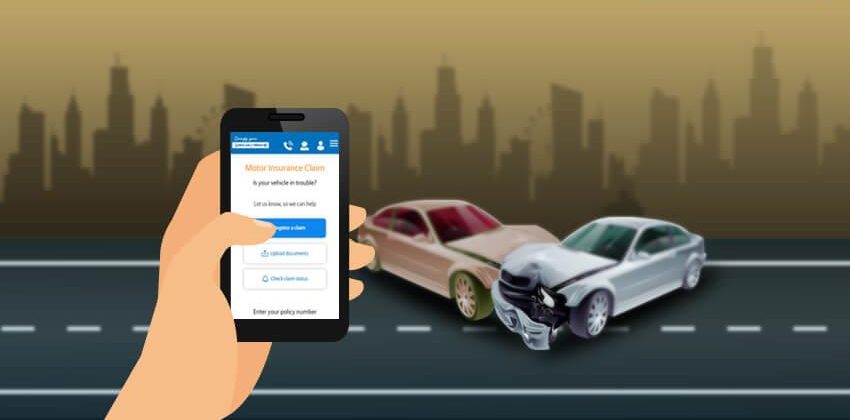- The Indian citizens are well aware of the perils of claiming insurance when any family member(s) are deceased owing to accidents of one or the other kind. The prevalent system to process and claim compensation is too cumbersome and infructuous leaving thousands of families distraught in the bargain. Also, the adjudication process in the country is not only clogged but also functions at a snail’s pace. Against this backdrop, comes a verdict from the Supreme Court that offers hope to accident survivors setting an example for lower courts. The Supreme Court has counseled judges to take a liberal view in awarding compensation to those grappling with 100% liabilities.

PC: Bajaj Allianz
- In awarding about Rs. 1 crore to a 17-year-old boy left bed-ridden after a 2010 accident, the Supreme Court calculated his future loss of earnings, treatment expenditure, and destruction of other life prospects. Although the compensation is most welcome, the catch here is it took a mind-boggling 12 years for the dispute with the insurer to reach closure sounding an awful souring note. Delving further into the vexatious issue will reveal that only a fraction of motor insurance claims is raised every year, reportedly around Rs. 10,000 crore, are settled without dispute. Contrast this with data from the Union Road Transport Ministry that estimates socio-economic costs of road accidents in 2018 at Rs. 1.5 lakh crore.
- Understand that few victims possess the resources needed for lengthy legal battles, and they face insurance companies who have a battery of lawyers representing them. It gets worse further. Road accidents, which caused 1.3 lakh deaths in 2020, are a subset of the 3.75 lakh accidental deaths caused by fires, electrocution, drowning, structural collapse, factory accidents, etc. Looking at these big numbers will underscore not only the need for reforms to humanely compensate accidents victims but also to prevent accidents from happening. Needless to mention, firstly, the legal architecture and infrastructure require immediate upgrades.

PC: istock Photo
- As such, the Road Ministry’s new rules making detailed police investigation of all accidents mandatory from April 1 within a 90-day timeline raise hopes of faster settlement of compensation claims. Mind you, as neutral intermediaries, the police are expected to guide motor accident claims tribunals (MACTs) impartially. Worryingly, MACTs are backlogged with 9 lakh petitions, a third pending over three years. Also, appeals to high courts take even longer for disposal forcing the SC to propose an appellate tribunal. It’s another story altogether as to how most of the tribunals set up have turned into disappointing entities.
- Secondly, fixing tortious liability on public and private authorities can achieve deterrence against negligent conduct. Simply because, from faulty designs to poor maintenance, and from acts of negligence to plain misconduct, many dangers to life and limbs are omnipresent in Indian cities. Serious incidents must be prosecuted aggressively for fixing civil liabilities, compensating victims, and building case laws for the future to safeguard lives. Unfortunately, the consumer protection courts are so hopelessly backlogged that it makes any reform on this front a non-starter. In conclusion, the system doesn’t serve citizens, and that’s the depressing big picture here.






